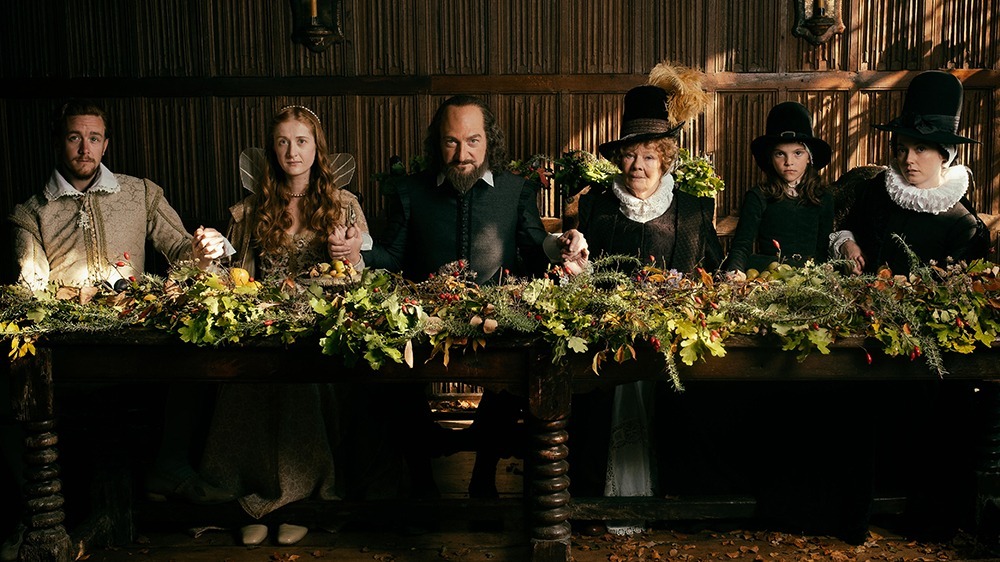If you’re willing to sit through the slow start, the theatre-like performance and the questionable costumes at times, All is True is bearable.
The story begins with the fire that burnt down the Globe Theatre during a performance of Henry VIII (whose alternative title was All Is True).
William Shakespeare (Kenneth Branagh) then returns to his family home in Stratford-Upon-Avon where he finds his distant wife, Anne Hathaway (Judi Dench), two troubled daughters and a profound grief of his own.
We soon learn that Shakespeare is mourning for his son, Hamnet, who died while Shakespeare was in London many years ago.
But, with the Shakespeare family already over the grief, William brings back a dark shadow that Anne rightly sees when she says: “You haven’t come here to mourn Hamnet, you’ve come here to mourn yourself.”
Director and protagonist Kenneth Branagh is no amateur when it comes to Shakespeare, but with his soft manner and solemn look, the spark you imagine the greatest writer would have had, is lost.
There was nothing grand about Shakespeare during this film, the only moment being when his anger erupts towards his wife and daughter Judith, where we finally feel the passion of the writer.
Similarly, Branagh is just not a strong enough actor to hold the long pauses that he did – making it feel slightly awkward and more like you should be sitting in a theatre, not a cinema, to watch this enactment.
But, the scandalous history of Shakespeare is told well and accurately, with hints at his gay lover, the Earl of Southampton, played cleverly by Ian Mckellen and the deterring reputation of his wife, Anne.
The script is witty and mixes old English with new, which is a nice touch that brings you back to realise you’re in the 17thcentury and not a modern soap opera.
Overall, the film makes you question your existing knowledge of Shakespeare and how you perceive him as a writer, but leaves you touched and like you know the most famous writer a little bit more.

